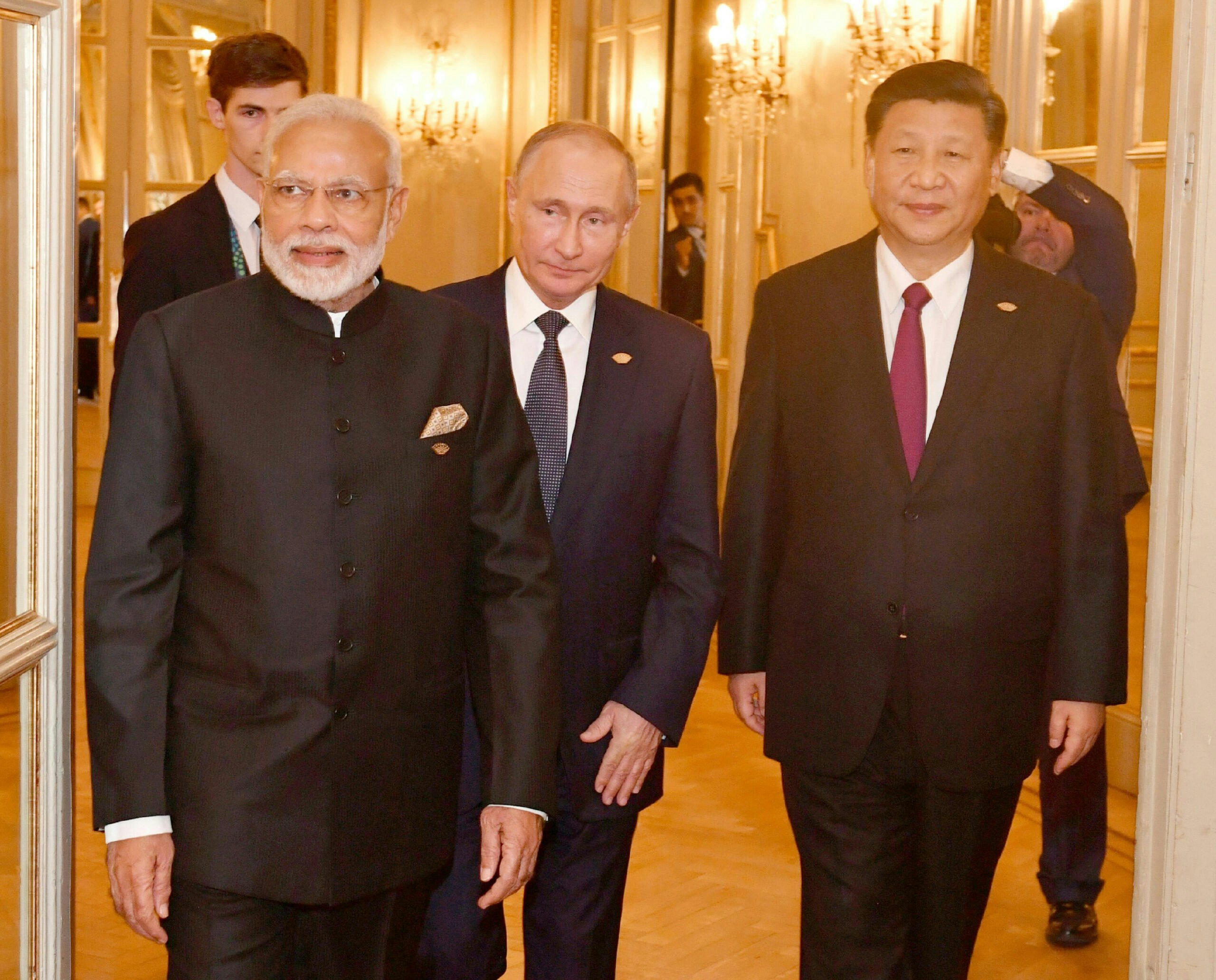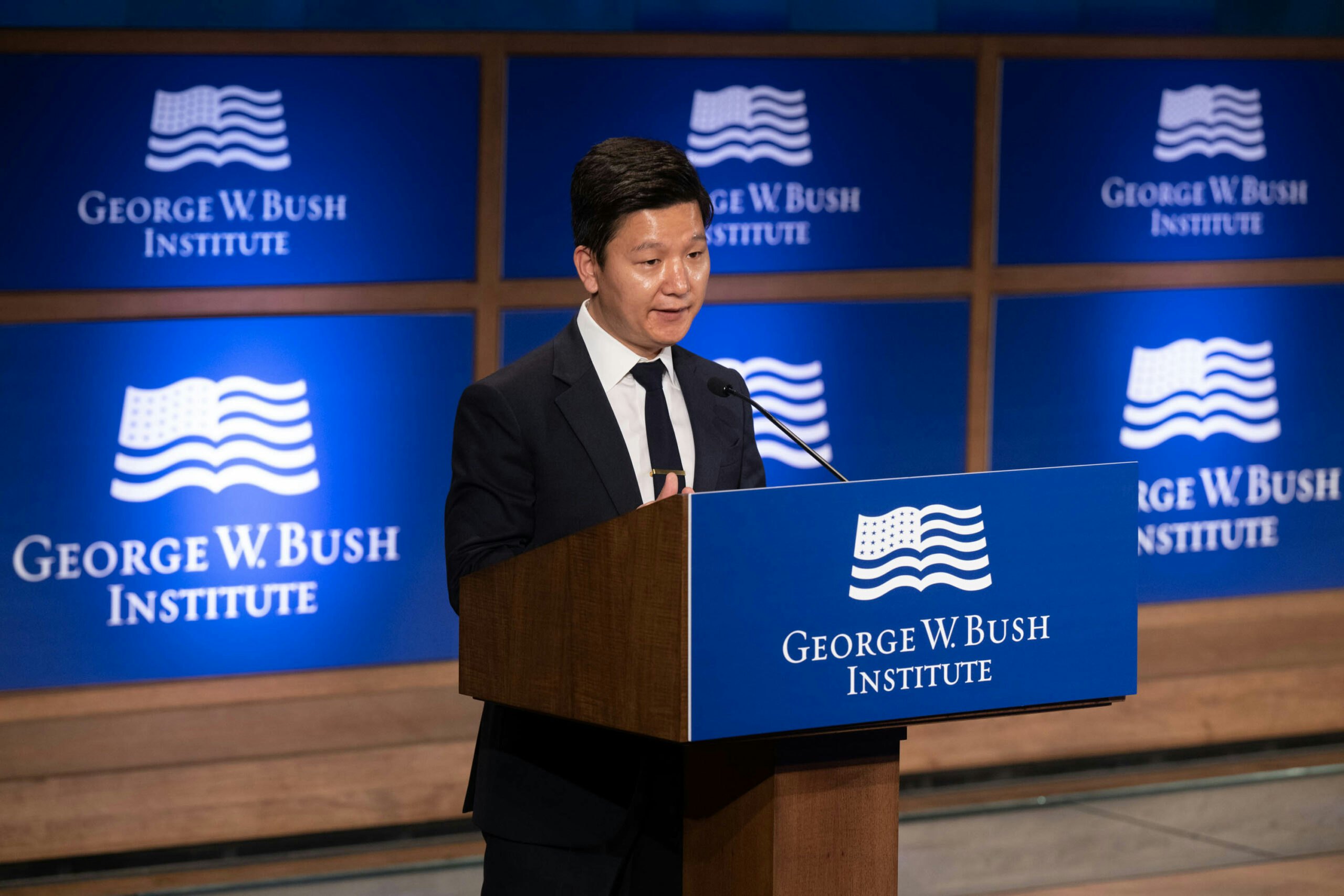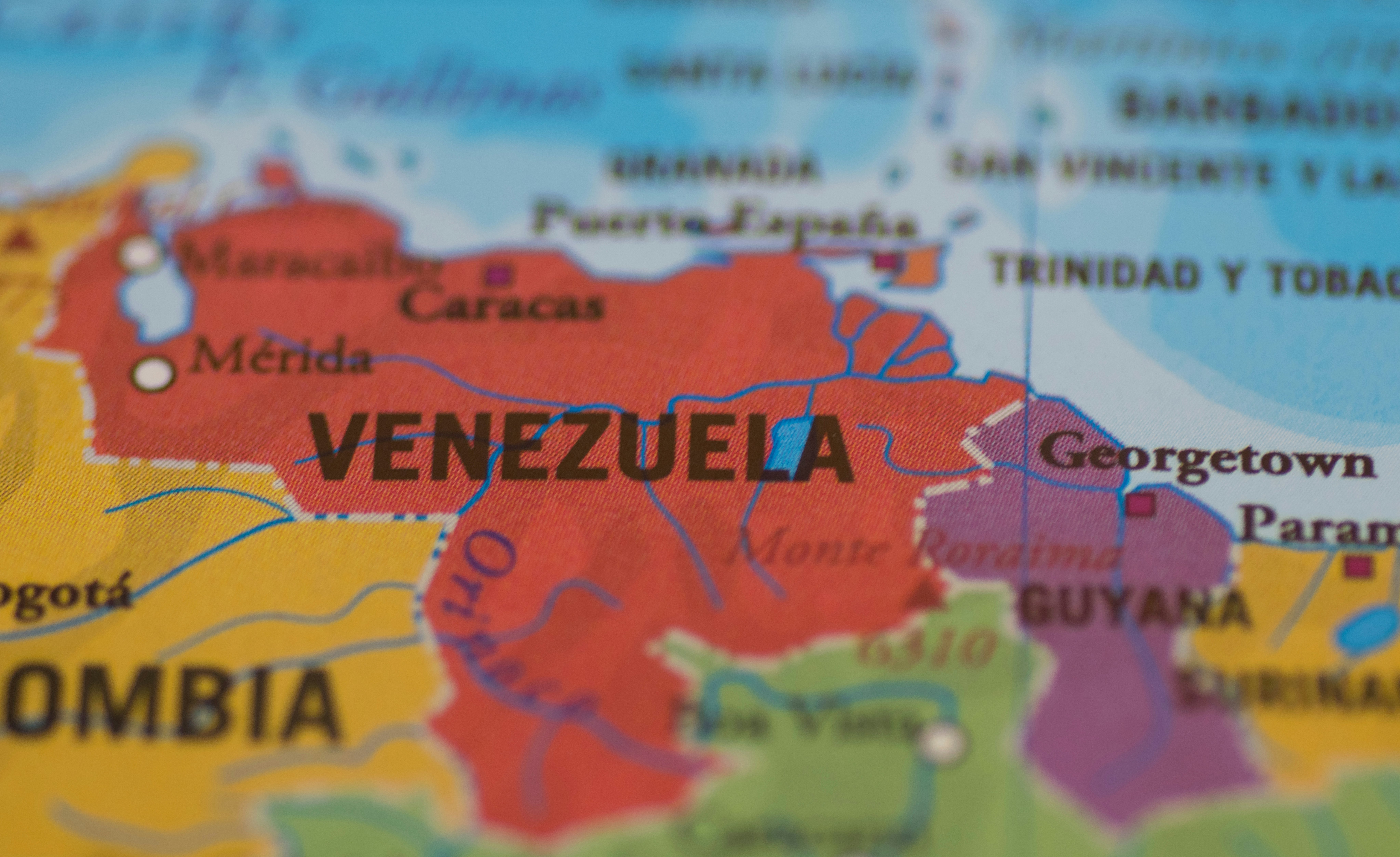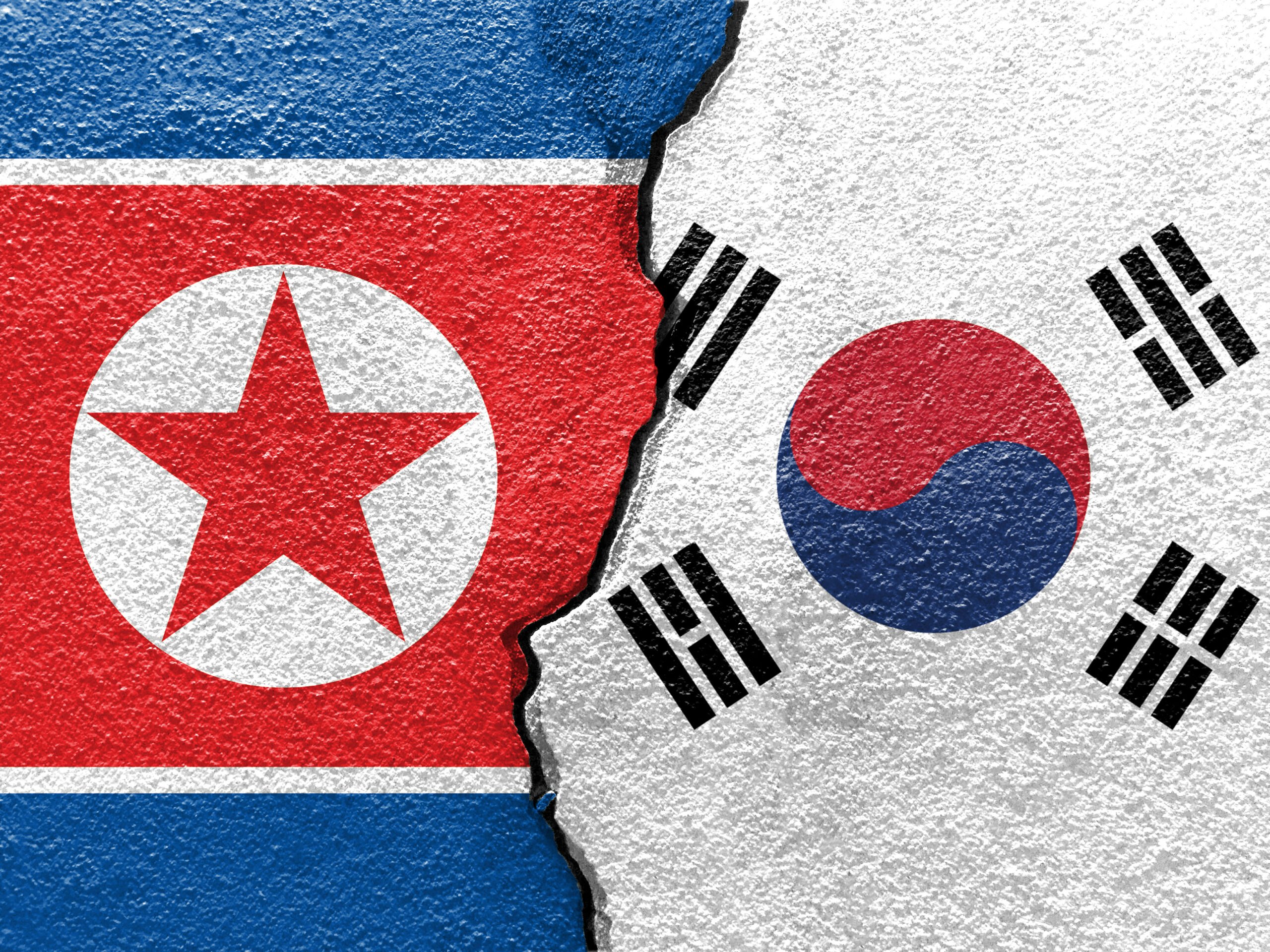On June 6, voters in the Netherlands kicked off the European Union (EU) parliamentary elections, which culminated on Sunday, June 9. Next to India, the EU’s elections are the largest democratic exercise on earth, with 370 million people heading to the polls across 27 EU member states to contest a staggering 720 parliamentary seats.
The results showed a strong surge in support for populist parties, including a clean sweep in France for the National Rally party led by Marine LePen. As a direct consequence, President Emmanuel Macron immediately dissolved the French parliament and called for snap elections, which will take place on June 30 and July 7. A similar story played out in Belgium, which held its national elections alongside the EU’s.
Why This Matters
According to surveys, three key issues carried the populist wave: slumping economic performance, rising immigration rates, and the war in Ukraine, to which the European Union is now the largest contributor.
Given this volatile mix of issues that traditionally favors the populists, they still didn’t do as well as expected. The EU Commission’s President Ursula Von Der Leyden claimed that the “center is holding,” noting that her own center-right European People’s Party remains the largest political force in the EU parliament with 189 seats. Hungary’s ruling Fidesz party posted its lowest-ever result in EU elections – undoubtedly a welcome development for Brussels. But the reality is that far-right parties like Germany’s “Alternative for Germany” (AfD) have significantly gained in strength, including winning over many young voters, and will now challenge for committee chairmanships and other levers of power to shape important EU policy.
One indication of things to come took place yesterday: during Ukraine’s President Volodymyr Zelensky’s visit to the German Bundestag, AfD and like-minded pro-Russia parties boycotted the visit entirely. The newcomers may also push EU’s migration policy, having just undergone a major overhaul, to get even tougher on migrants to meet the current mood of its populace.
What’s Next
European voters will go to the polls in other important national elections across Europe later this year, including in Croatia, Austria, Lithuania, and Romania. The United Kingdom, which exited the EU following a national referendum in 2016 that was fed by the same anti-establishment sentiments, will also hold its general elections on July 4. If extremist forces gain significant political support in these national contests, the populist wave across the continent may well turn into a tide.
On November 5, the United States will hold its own presidential elections. The issues that decided this weekend’s EU vote – immigration and the economy – are also the top issues for Americans as they look to the polls. Thus, these EU elections may be an important harbinger of the political mood here at home.































